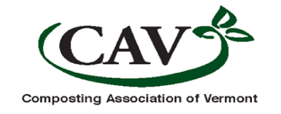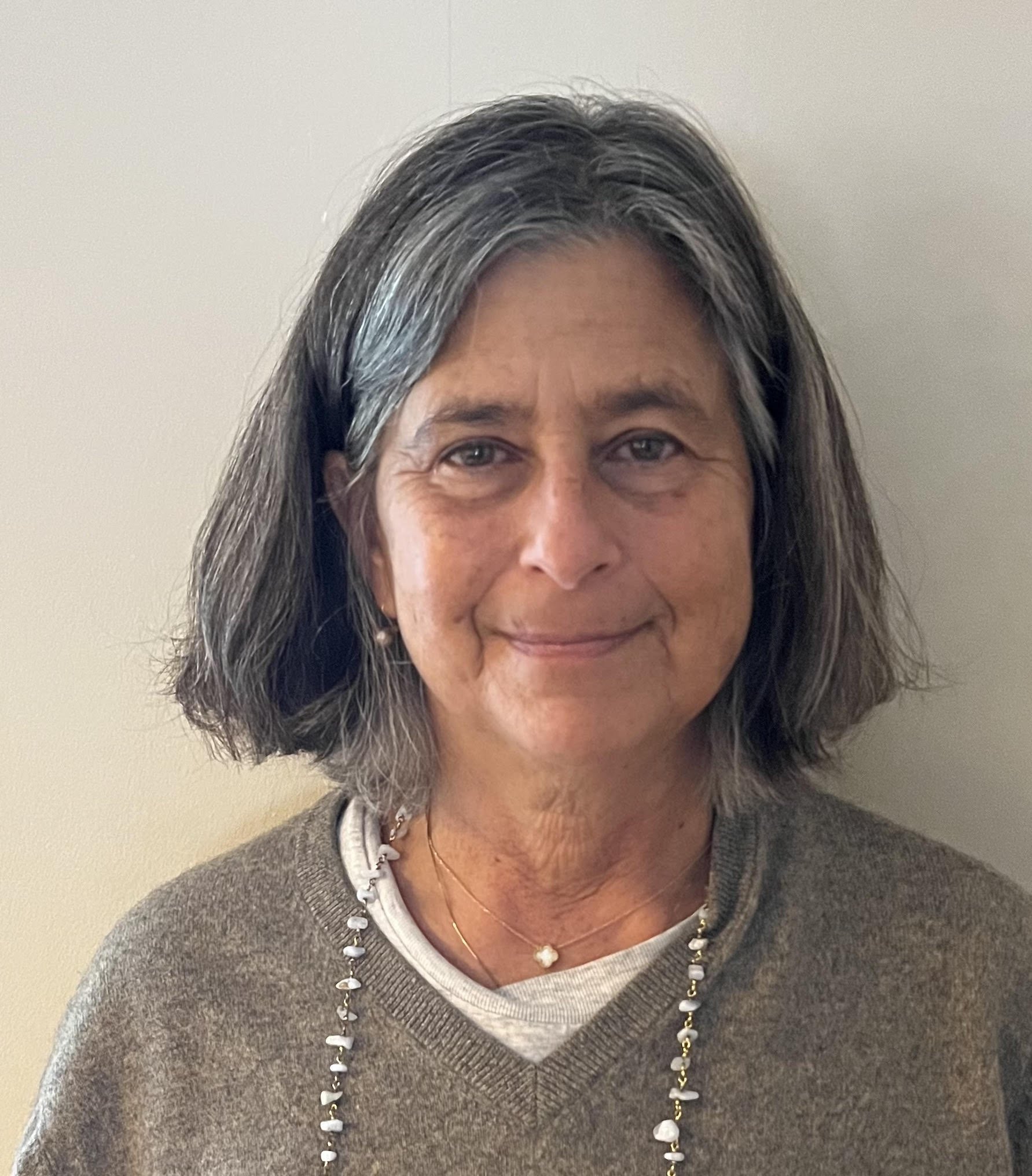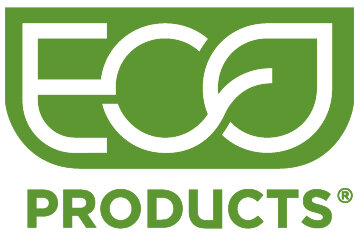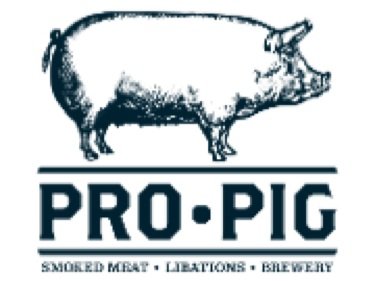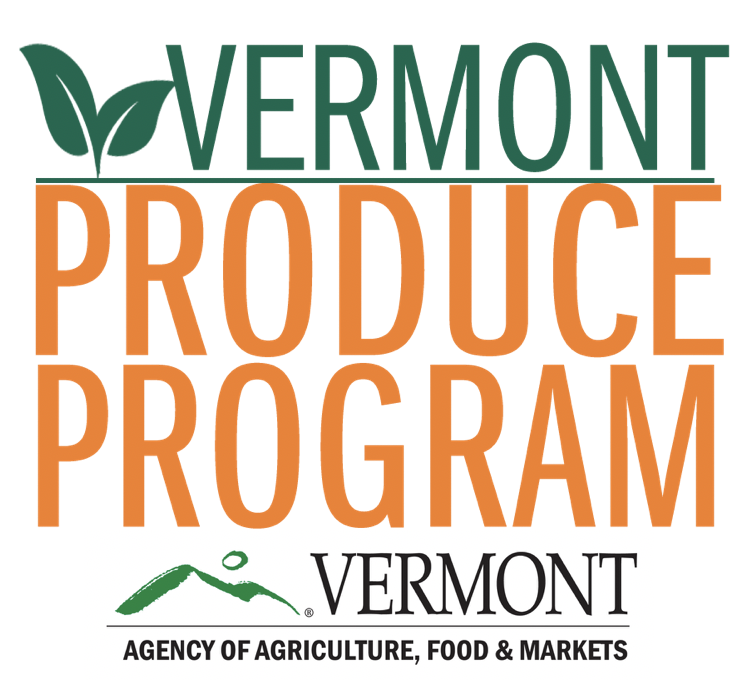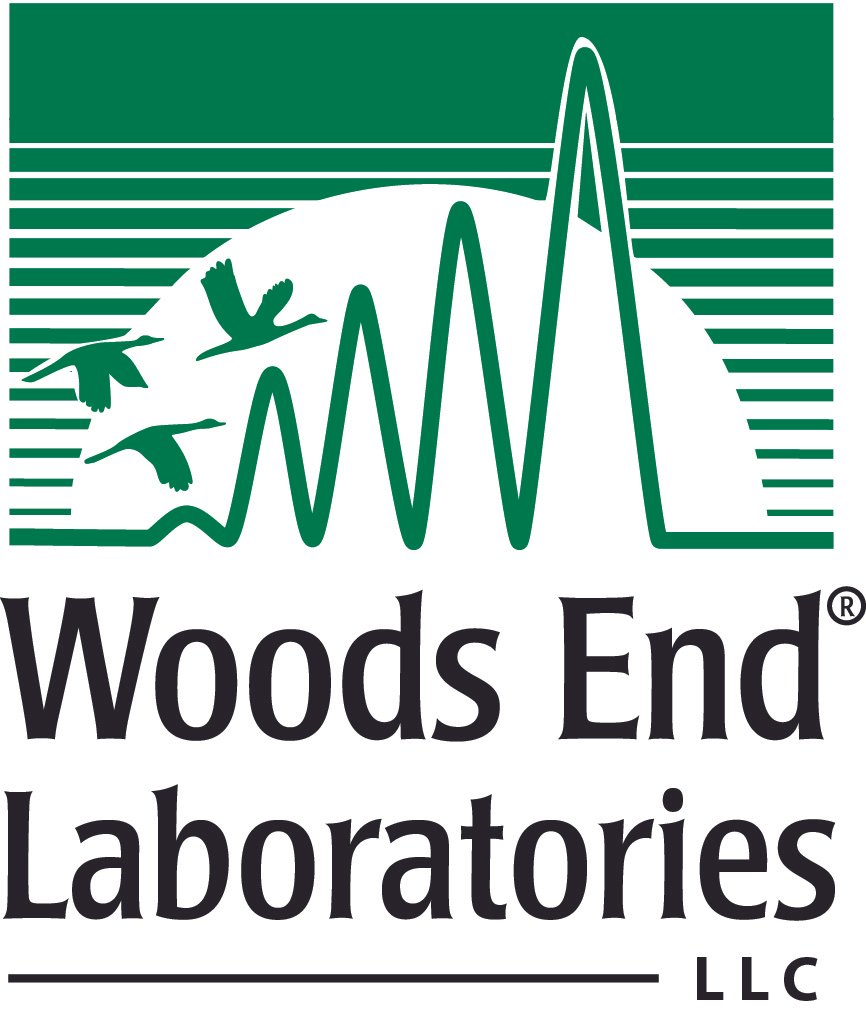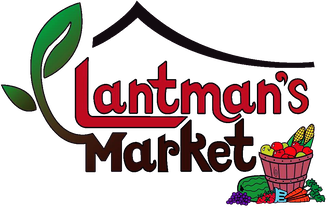18th Annual Vermont Organics Recycling Summit
COMPOST… Nature’s Climate Champion!
April 29th-May 3rd, 2024
The 2024 Vermont Organics Recycling Summit (a “kick-off” event, one week before International Compost Awareness Week) will include an in-person program, with a hybrid morning plenary, on Monday, April 29th, in Waterbury, VT, followed by a virtual program from Tuesday, April 30 - May 3rd.
This year, VORS will highlight the many roles of composting and compost use in climate change adaptation through sequestering carbon in the soil, enhancing soil health, promoting sustainable agriculture practices, promoting water conservation, reducing reliance on synthetic fertilizers, and nurturing biodiversity. Local management of food scraps and organic resources empowers communities to take action and build resilience in the face of climate challenges.
Monday’s Keynote: Dr. Sally Brown
Dr. Sally Brown is a Research Associate Professor in the School of Forest Resources at the University of Washington in Seattle and a Fellow in the Soil Science Society of America. She was recently appointed to the USDA Committee on Urban and Innovative Agriculture and writes the Connections column for Biocycle. Sally focuses on soil amendments, in situ remediation, and carbon sequestration. With her research partners, she has worked on studies involving soil health, climate change mitigation, biosolids recycling, and wastewater treatment. She contributed to ILSR's Compost Climate Connections Webinar Series (Compost Sequesters Carbon & Delivers Other Ecosystem Benefits) and co-authored CREF's publication The Compost & Climate Connection. Her field studies and papers on the carbon storage potential of soils applied with organic residuals are available here. She has authored dozens of published papers on the benefits of compost.
VORS 2024 Program of Events
Monday, April 29th
At the Sally Fox Conference Center at the Waterbury State Office Complex, Waterbury, VT - hybrid morning program; in-person-only afternoon program
-
Note: In-person capacity is limited to 90
-
-
Jane Lazorchak, Director
-
Emma Stuhl, ANR/DEC
-
“Compost, one way to say thanks”
Composting is typically seen as a big step up from landfilling. It is, but it is also much more than that. Compost - it's nature's climate champion. When we apply compost to the soil we are also giving back, thanking the soil for feeding us. We are feeding the soil the same way that the soil feeds us. Communicating that may be a powerful tool to help people understand the importance of putting the food scraps in and keeping the plastic out.
-
Lunch is included with registration. Thanks to our sponsors and exhibitors for helping bring back an in-person day!
-
Unleashing the Power of Johnson-Su Compost Reactors in Vermont
Jim Stiles has been experimenting with producing Johnson-Su compost at his home in St. Albans for about ten years. His initial reactors were not up to the challenges posed by Vermont’s winter - they froze, effectively ending early experiments. In response, he switched gears and created his first micro-reactor (in a sleeved 5-gallon bucket) and then six more, slightly larger reactors (in 20-gallon fabric pots), which he moved into his basement for the winter to avoid the freezing problem. This approach mostly worked but also suffered from some shortcomings. A new generation of 5-gallon micro-reactors are currently working in his basement. The results so far include superior management of leachate (creating a valuable by-product to boot) and faster processing of feedstock. This hands-on workshop will involve emptying and examining the contents of a reactor to assess its progress. Participants will be encouraged to participate in this examination and share observations.
If you’re interested in starting your own Johnson-Su reactors, join us for this interactive workshop and benefit from lessons learned along the way. Join our discussion about the next generation reactor designs, and then participate in creating a new generation of reactors. Some fabric pots will be available at cost for use in your own reactors.
Navigating the Jumping Worm Invasion with Poise
Jumping worms have spread to every corner of Vermont. You likely know someone who has them in their garden, compost pile, or on the edge of their lawn. These invasive worms rapidly consume organic material, negatively impacting entire ecosystems. So what can we do, and how can we limit spreading them while adapting to their presence? Join us for this practical, hands-on workshop led by Maryam Nouri Aiin and Penny Miller to see the difference between European earthworms' and Jumping worms' cocoons and juveniles. Learn techniques for luring them out of your gardens and compost piles and what to do with them once you've collected them. Bring your questions, stories, and concerns, and leave empowered to launch your own community campaign to Slow the Spread!
PFAS challenges in organics management: a roundtable discussion
Join us for an engaging and informative roundtable discussion on the complex issue of PFAS contamination within organics management. Listen in as our panelists, comprised of professionals actively addressing PFAS concerns, share their experiences with each other and the audience. Whether you're a waste management professional, environmental scientist, policymaker, or concerned citizen, this roundtable offers a unique opportunity to learn from seasoned professionals, engage in dialogue, and pose your burning questions regarding PFAS contamination and its implications for organic waste handling.
Facilitator: Dan Goossen
Panelists:
Pam Bryer, VAAFM
Andrew Carpenter, Northern Tilth
Caleb Goossen, MOFGA
Eamon Twohig, VT ANR DEC
-
From enhancing soil health and improving water quality to reducing the use of fertilizers and pesticides while minimizing landfill gas emissions, compost is a vital and unique tool in mitigating the effects of climate change. A panel of policy drivers, producers, researchers, and practitioners will lend their perspectives in a forward-leaning discussion amongst participants exploring compost production and its capacity for increasing ecosystem resiliency. Starting with a foundational overview of composting programs and technologies ranging from small-scale operations at schools and farms to large permitted solid waste facilities, this session will then focus on connecting compost with climate resilience. Panelists will introduce topics such as teaching climate resilience through community-level compost programs, the value of compost in carbon sequestration, and using compost-based agricultural practices to augment soil health. Some recent data and ongoing research will be presented providing a baseline for the direction and scope of future investigations and analysis. Through this session, we aim to expand our collective understanding of compost production in Vermont and its value in fortifying our ecosystems given intensifying weather events and supporting strong and sustainable crop, fiber, and livestock yields. The material shared will challenge participants to imagine creative, comprehensive, and continuous improvements in understanding compost for the climate.
Moderator: Susan Alexander, Lamoille Soil
Panelists:
Cat Buxton, Grow more, Waste Less
Josh Faulkner: UVM Center for Sustainable Agriculture, Farming and Climate Change program
Brian Jerose, Agrilab Technologies Inc.
Mari Omland, Green Mountain Girls Farm
Ryan Patch, Vermont Agency of Agriculture, Food and Markets
Alissa White, American Farmland Trust
-
Please join Eco-Products and CAV for an evening of tasty snacks, cold beverages and riveting compost conversation following the VORS in-person program.
Location: Prohibition Pig Brewery
Time: 4pm – 6pm
2 drink tickets will be provided to registered attendees
Space is limited to 50 so please sign up early
And best of all, thanks to the bold VT legislators, whatever food we don’t devour will be diverted from the landfill, truly awesome.
Including coverage of the in-person only sessions courtesy of ORCA Media!
Tuesday, April 30 (virtual program)
-
Composting in NH will provide an overview of how the Upper Valley Lake Sunapee Regional Planning Commission (UVLSRPC), whose jurisdiction lies just across the Connecticut River, has engaged municipalities, schools, and communities in composting initiatives. Through partnerships with professionals and highlighting case studies in Vermont, UVLSRPC has provided resources, workshops, and technical assistance to those interested in diverting their food to compost. This session will highlight the regulatory framework and resulting changes in New Hampshire. The talk will also detail UVLSRPC’s processes for engaging local officials and residents in starting pilot programs and encouraging home composting practices. The session will follow with time for a discussion.
Presenter:
Majestic Terhune, Upper Valley Lake Sunapee Regional Planning Commission
-
This presentation explores the benefits and barriers of introducing composting to youth and leading them through the implementation of and participation in school lunch organic waste diversion in a local K-5 school in GA. We will include observations and share research from other nearby schools that have already hosted successful programs and explore a partnership with a local commercial composting business. We will discuss crucial elements of success, including funding mechanisms and securing leadership and custodial buy-in. The presentation will conclude with student and teacher testimonials, adaptation, impact (5,584 lbs of waste diverted in our first 5 months!) and plans for sustaining the program.
Moderator: Elly Ventura, World Centric
Presenters:
Lauren Hoade, Briarlake Elementary School/Sustainability Matters
Kate Michalak, Briarlake Elementary School
-
This presentation will outline the successes of grassroots-led food rescue and an opportunity for decentralized composting efforts within the urban landscape of Burlington, VT. Both missions were initiated to empower residents to engage with neighborhood food systems, and to uplift urban alternatives for food access that are otherwise unaddressed. Sarah will highlight the progress of the FNB network in collaboration with co-op residences in Burlington, and the critical role of local supermarkets in preventing food loss and upstream waste. Bo will share about the collaborative joy of a neighborhood pilot and offer scales of opportunity for community composting across urban zoning districts. John will provide an overview of technologies that support decentralized composting, and the value of producing biologically robust compost to improve soil health.
Presenters:
John Culpepper, Compost for Good
Sarah Hobson, Food not Bombs
Bo Meisl, SoilCycle BTV
-
This session provides primers on soils and soil biology. We will trace the major shifts in soil management practices that led to regenerative agriculture and highlight new soil science research, including rhizophagy, quorum sensing and theories of plant/microbe communications. NRCS soil health principles will be reviewed and we’ll dive into how to start implementing them.
Presenter:
Robert Kurth, Master Gardener
Wednesday, May 1 (virtual program)
-
Despite the value compostable products can contribute to keep food scraps out of the landfill and as an alternative to petroleum-based plastics, compostable products are not always readily accepted by composters in the United States. Reasons vary from concerns about contamination, greenwashing, processing operation limitations, and more. This session will cover key strategies for successfully managing compostable products. Presenters will share best practices to safeguard against unintended contamination from procurement to piles. This panel includes a composter who successfully manages compostables while using technology as a vital part of the process; a compostable products manufacturer sharing a program to prevent contamination in composting facilities; and an industry professional who has created labeling guidelines to identify products that will work in compost systems. Covering savvy procurement practices to fostering strong alliances with haulers to utilizing labeling and technology, these experienced professionals will share their successful strategies for managing compostable products. There will be ample time for discussion to determine if processing compostable packaging could work for you.
Moderator: Elly Ventura, World Centric
Panel presentations:
Research results of compostable packaging piles using remote monitoring devices and digital data
This session encompasses education, brainstorming, and a how-to primer on key themes related to technology and compostable packaging. We will delve into appropriate methods for processing compostable packaging in windrows or compost bays; application of remote monitoring digital data sensors; and implementation of solar panels/photovoltaics (PV) to leverage technology effectively. We will provide a comprehensive outline of the setup process, including the necessary materials and considerations for the onsite location, and explore utilizing a digital data monitoring system and integrating solar panels as a sustainable power source to enhance composting operations and optimize efficiency. Additionally, we will present the results obtained from our monitored compostable packaging piles, highlighting the benefits of remote monitoring devices to minimize the need for manual data tracking. Through our test results, we will showcase different compostability techniques, present visual evidence of the breakdown process, and discuss the challenges currently faced by composting facilities in a group setting.
Presenters:
David Velez Alexander, TAWA Compost Food Rescue
Sashti Balasundaram, WeRadiate
CIRC: Controls Intended to Reduce Contamination
Contamination from non-compostable products and other challenges are making it increasingly difficult for composters to accept even certified compostable food service ware. CIRC, or Controls Intended to Reduce Contamination, is an open-sourced, operator-level verification program designed to systematically address contamination. It is a customizable tool to build trust and process between operators, composters, haulers, and distributors. CIRC is not a third-party certification. Its core resource is a menu of recommended contamination controls spanning Procurement, Operations, Communication and Composter, and Hauler Engagement.
Presenter: Toby Alves, Eco-Products
The need for effective compostable labeling laws
Compost producers face increasingly challenging issues with contamination with the increase of "look-alike" materials that enter facilities along with certified compostables. Learn about a template compostable labeling bill developed by composters AND representatives of the compostable products industry that aim to decrease greenwashing and increase consumer identification of proper compostable materials.
Presenter: Linda Norris-Waldt, US Composting Council
-
Join us for a panel discussion that delves into contaminant concerns in compost, such as persistent herbicides, microplastics, and PFAS. As composting gains momentum with landfill diversion laws, it's crucial to address the potential pitfalls that may compromise its environmental benefits. Our panel of experts will discuss the challenges posed by persistent herbicides and offer best practices for those managing materials treated with herbicides; examine the concerns about microplastics from depackaging facilities, and share updates about new technology that has made strides to address these concerns; and consider the threat of PFAS (Per- and Polyfluoroalkyl Substances) in compost, which is increasingly in the "hot seat" due to pressing concerns associated with these persistent chemicals. Through this informative session, we aim to empower participants with the knowledge to make informed decisions about composting practices, promote a more sustainable and contaminant-free approach to organic waste management, and provide valuable insights into the evolving landscape of composting and environmental stewardship.
Panel presentations:
Persistent herbicides, is that still a thing?
The State of Vermont has strict rules that govern when and how herbicides can be used for hay and other forages. Changes were made many years ago to prevent "persistent herbicides" from causing crop and garden damage. But what has happened since then? In this presentation, we look at a case study in which the current law was violated and provide an overview of the situation today. Resources for those who buy and sell hay treated with herbicides will be discussed.
Presenter: Pam Bryer, Vermont Agency of Agriculture, Food, & Markets.
Solutions for removing microplastics from depackaged food organics
As landfill diversion of food waste continues to expand across North America, depackaging equipment plays a necessary role, but recovered organics from existing pretreatment systems in North America are not 100% clean. The depackaging industry continues to evolve and test engineering enhancements to do a more effective job of removing impurities, including microplastics, to achieve cleaner organics streams for animal feed, composting, and bioenergy production. This session will discuss microplastics and how they impact organic food waste diversion in North America. We'll look at depackaging technology and slurry creation, identify the challenges in removing microplastics from slurries, define how the purity of organics is measured, and share innovative solutions and testing results as new iterations of this technology emerge.
Presenter: Kevin Pedretti, Scott Equipment
PFAS in compost - how does it get there and what can be done
PFAS (Per- and Polyfluoroalkyl Substances) are a class of synthetic chemicals that have gained significant attention due to their persistence, bioaccumulative nature, and potential adverse effects on human health and the environment. This presentation will discuss possible sources of contamination in compost feedstocks, the evolving legislative and policy landscape unfolding in Maine around PFAS, and what options we have available to protect our soils, water, and well-being.
Presenter: Caleb Goossen, Maine Organic Farmers & Gardeners Association
-
This year’s Haulers’ Roundtable is focused on sharing tips and tricks for working with customers to ensure effective SSO (source separation of organics). Whether you’re new or established, small or large, clearly identifying expectations, establishing effective channels for communication, and outlining parameters and consequences for contaminated loads are essential to success. In addition to learning from each other, we’ll also spend time identifying specific requests for support from ANR DEC. We’ll get the conversation going via email prior to this session and develop concrete next steps that will support our shared work in maintaining clean organic streams for composting.
Facilitator: Tom Gilbert, Black Dirt Farm
-
Backyard composting is a fundamental tool to help Vermonters manage their household food waste and comply with the Universal Recycling and Composting Law while creating a beneficial soil amendment. Recent studies by UVM demonstrate that nearly half of Vermonters compost in their yard or with neighbors, but many still feel they need more information on how to compost correctly, how to compost in winter, and what materials to purchase. This workshop will increase your confidence in backyard composting. We'll also provide tips for trainers to use in their own community outreach efforts.
Instructor: Shannon Choquette
Thursday, May 2 (virtual program)
-
On-farm composting can look different from farm to farm, taking place at various scales and with different objectives. This session is a deep dive into the importance of providing tailored assistance for farmers seeking to elevate their composting practices. Andrew and Natasha will share their experiences navigating this intricate landscape, addressing cultural and technical nuances. Gain insights into approaches that make assistance accessible and impactful, whether you're just starting or a seasoned technical service provider. We'll share inspiring stories of on-farm composting success that contribute to the resilience of both agricultural ecosystems and communities.
Presenters:
Andrew Carpenter, Northern Tilth
Natasha Duarte, Composting Association of Vermont
-
It has been 10 years since the onset of the Act 148 Disposal Ban and many folks are coming up with creative ways to comply! This 60-minute session will look at the work that solid waste management entities (SWMEs) have undertaken to support organics diversion from small businesses and will include discussion with participants about their observations, successes, and challenges. Celebrate the steps taken by businesses and learn how propping up and promoting the good deeds being done in your community today will help others understand their options for smart diversion for the future and to realize that there are many ways to successfully divert organics for higher and better uses.
Presenter: Alex Lacy, Windham Solid Waste Management District
Friday May 3 (virtual program)
-
This session will provide an overview of EPA activities related to the sustainable management of food and recycling of organics at the national level, including EPA’s Wasted Food Scale, the forthcoming National Strategy for Reducing Food Loss and Waste and Recycling Organics, and research on the environmental impacts of food waste management, the benefits of compost use, and more.
Presenters:
Julianna Beecher, EPA
-
Embark on a journey into the heart of sustainable living with "Roots of Well-being." In this enlightening presentation, we'll delve into three key pillars shaping the future of our food system. Discover the transformative impact of Regenerative Agriculture and Sustainable Farming, exploring how these practices not only yield nutritious crops but also regenerate the health of our planet. Next, we'll tackle the pervasive issue of Food Waste and delve into the power of Composting as a practical solution. Learn how small changes in our daily lives can contribute to a significant reduction in food waste, fostering a more sustainable and environmentally conscious approach to consumption. Finally, unravel the mysteries of the Microbiome and its crucial role in personal and environmental well-being. Explore how the intricate balance of microorganisms in our bodies and the soil influences not just individual health but also the resilience of our ecosystems. Gain insights into the symbiotic relationship between humans and the environment and how this understanding can shape a healthier, more interconnected world.
Presenters:
Mike Dorion, Living Soil Solutions
Eve Izewski, Wild Soul Coaching
Questions? Contact us!
Natasha Duarte, Director Composting Association of Vermont
Phone: 802.373.6499
Special thanks to:
Thanks to our sponsors!!
Learn what the Produce Safety Rule means for your business.
